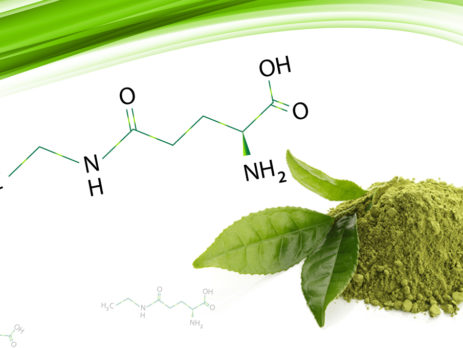Magnesium
Magnesium is a very important mineral for our body, it is the eighth element in order of abundance on our Earth, essential for the production of energy and necessary for the assimilation of phosphorus, calcium and potassium. In an adult person, Magnesium is generally present with an amount that varies between 20 and 28 grams, 50-60% of which is concentrated in the bones, 39% in soft tissues and only 1% in the blood. It intervenes in over 300 cellular...





